What is diammonium phosphate used for?
Diammonium phosphate, commonly known as DAP, is a versatile and widely used fertilizer that plays a pivotal role in modern agriculture. Beyond its primary function as a nutrient source for plants, DAP finds applications in various industries, contributing to the growth and productivity of crops as well as the production of essential goods. Let's delve into the multifaceted uses of diammonium phosphate and its impact on agriculture and beyond.
Fertilizer in Agriculture: The primary and most well-known use of diammonium phosphate is as a fertilizer. DAP is rich in nitrogen and phosphorus, two essential nutrients that are vital for plant growth. The nitrogen supports the development of foliage, while phosphorus is crucial for root development, flowering, and fruiting. The balanced combination of these nutrients in DAP makes it an effective and widely used fertilizer for a variety of crops, including cereals, oilseeds, and legumes.
Water-Solubility and Quick Release: DAP is highly water-soluble, allowing for rapid absorption by plant roots. This quick-release property makes it particularly effective during critical growth stages when plants require immediate nutrient availability. The ability of DAP to provide a swift and accessible nutrient supply contributes to increased crop yields and overall agricultural productivity.
pH Buffering Agent: DAP also acts as a pH buffering agent in soils. It helps to maintain the pH level of the soil, ensuring that it remains within the optimal range for nutrient absorption by plants. This pH-regulating function enhances the overall effectiveness of other fertilizers and soil amendments applied to the agricultural fields.
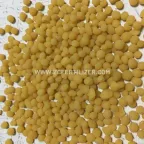
Industrial Uses: Beyond agriculture, diammonium phosphate has applications in various industrial processes. It is used as a fire retardant in the production of fire extinguishing agents. The fire retardant properties of DAP make it valuable in industries where fire safety is a critical concern.
Food Production and Processing: Diammonium phosphate is employed in the food industry as a leavening agent in baking. It contributes to the rising of dough, enhancing the texture and structure of baked goods. The food-grade DAP is a safe and approved additive in many countries, making it a staple in commercial baking processes.
Additional resources:Everything You Need to Know About 4-Bromobenzotrifluoride
Unlocking the Secret to Synthesis 5337-93-9: A Comprehensive Guide
Is CAS 459-03-0 4-Fluorophenylacetone the new trendy scent?
Hpmc E5 Solubility in Water: The Ultimate Guide to Understanding and Maximizing Its Potential
Unlocking the Power of Nano Silver Solution
Is 2,2-DIMETHYL-1,3-PROPANEDIOL the Secret to Radiant Skin?
Exploring the Benefits of Bromazolam for Wellness: Which Strains are Best for Relaxation?
Water Treatment: In water treatment applications, DAP is utilized to control algae growth. The phosphorus content in DAP 18-46-0 can act as a nutrient for algae, promoting their growth. However, when applied in controlled amounts, DAP can inhibit excessive algae proliferation, preventing issues such as water eutrophication.
Animal Feed Supplement: DAP is used as a supplement in animal feed, providing essential nutrients to livestock. The phosphorus content is particularly valuable for bone development and overall animal health. As a feed supplement, DAP contributes to the well-being and growth of animals in the agricultural sector.
Efficient Nutrient Delivery System: DAP is often part of blended fertilizers due to its balanced nitrogen and phosphorus content. These blended formulations allow for the precise tailoring of nutrient ratios to meet the specific needs of different crops and soil conditions. This flexibility makes DAP a key component in creating customized nutrient delivery systems for optimal plant nutrition.
Conclusion:
Diammonium phosphate, with its dual role as a fertilizer and industrial material, stands as a testament to the interconnectedness of agriculture and various sectors. From enhancing crop yields to ensuring fire safety and contributing to the production of high-quality baked goods, DAP's versatility is undeniable. As global demands for food and industrial products continue to rise, the significance of diammonium phosphate in sustaining and improving these essential processes remains steadfast.
Are 5-Dichloroacetophenone Products the Next Skincare Craze?
Is Nano Silver Powder the Ultimate Antibacterial Solution?
Is Sodium Thiocyanate the Skin Savior?
Understanding the Versatility of HPMC: Applications and Benefits
What is pigment powder and how is it used?
Ethylene Glycol Diacetate: Properties, Applications, and Safety Considerations
The Versatility and Convenience of Spray Adhesive: A Sticky Solution for Various Applications
249
0
0
Related Articles
-
353
0
0
-
322
0
0
-
306
0
0
-
339
0
0
-
327
0
0
-
344
0
0
-
343
0
0
-
370
0
0

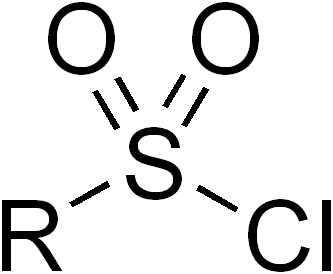
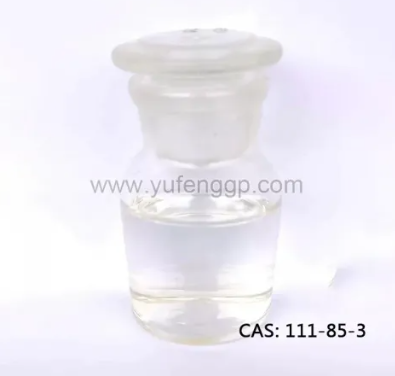
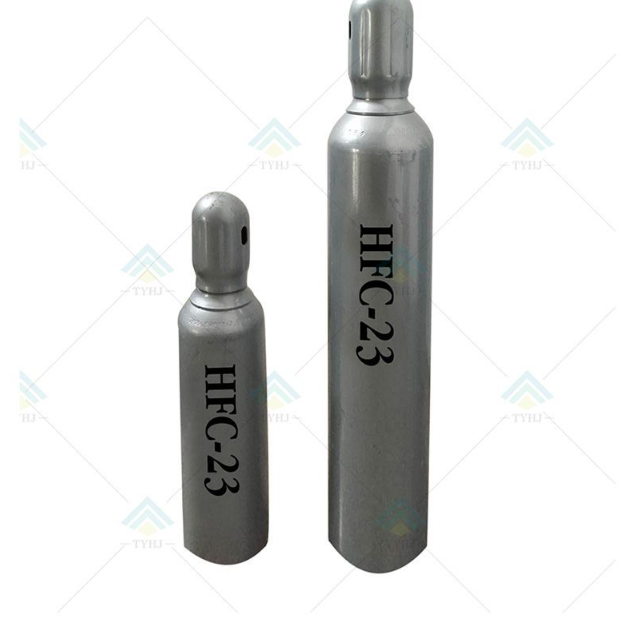
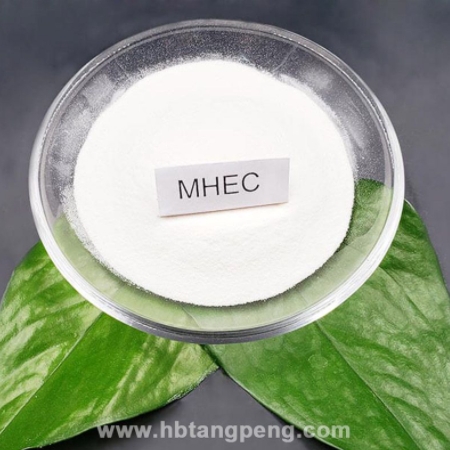


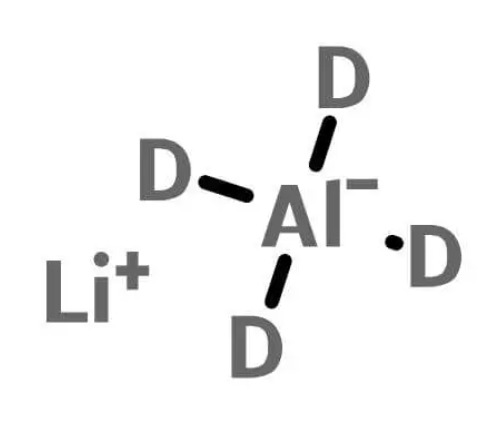
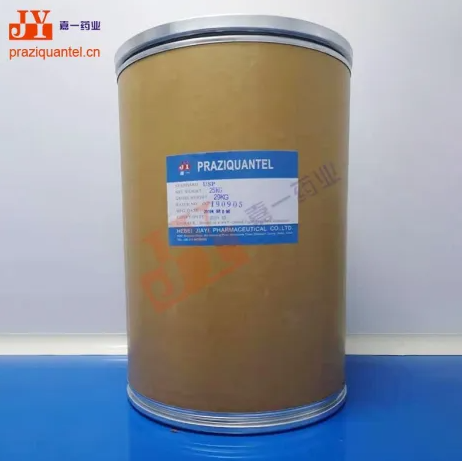
Comments
All Comments (0)